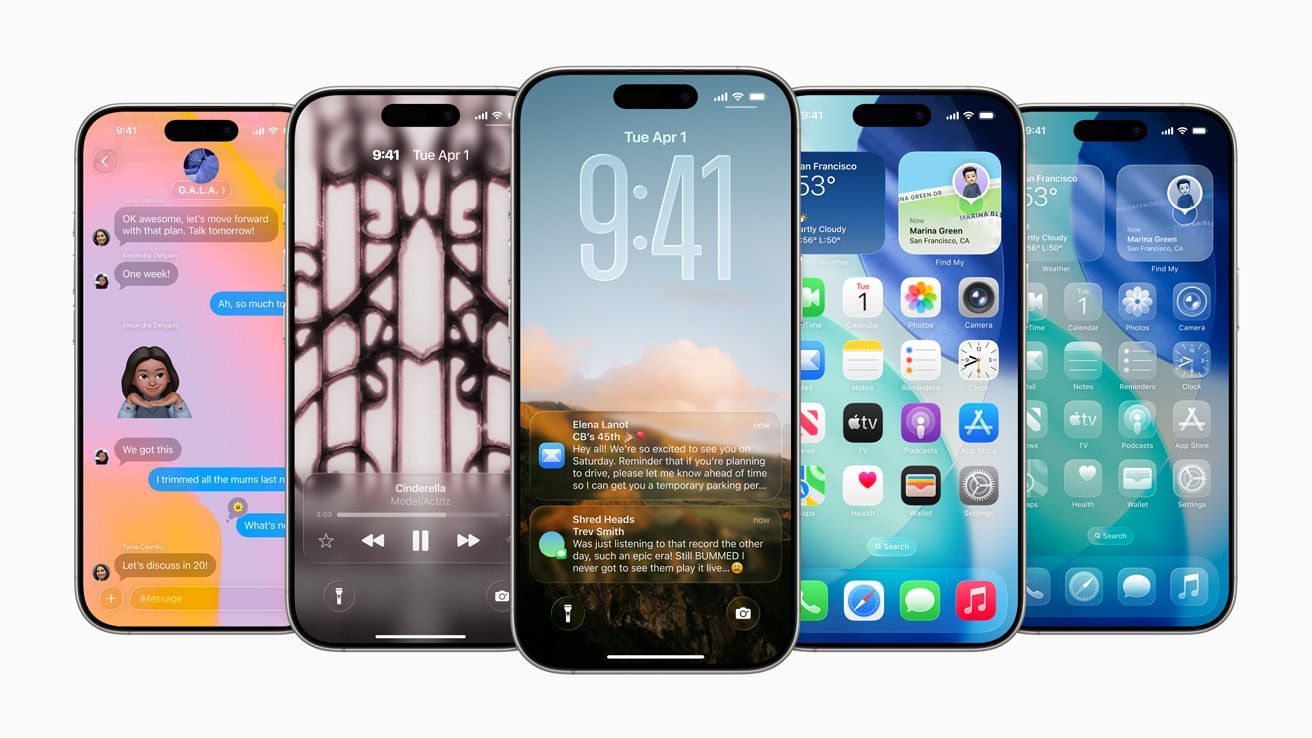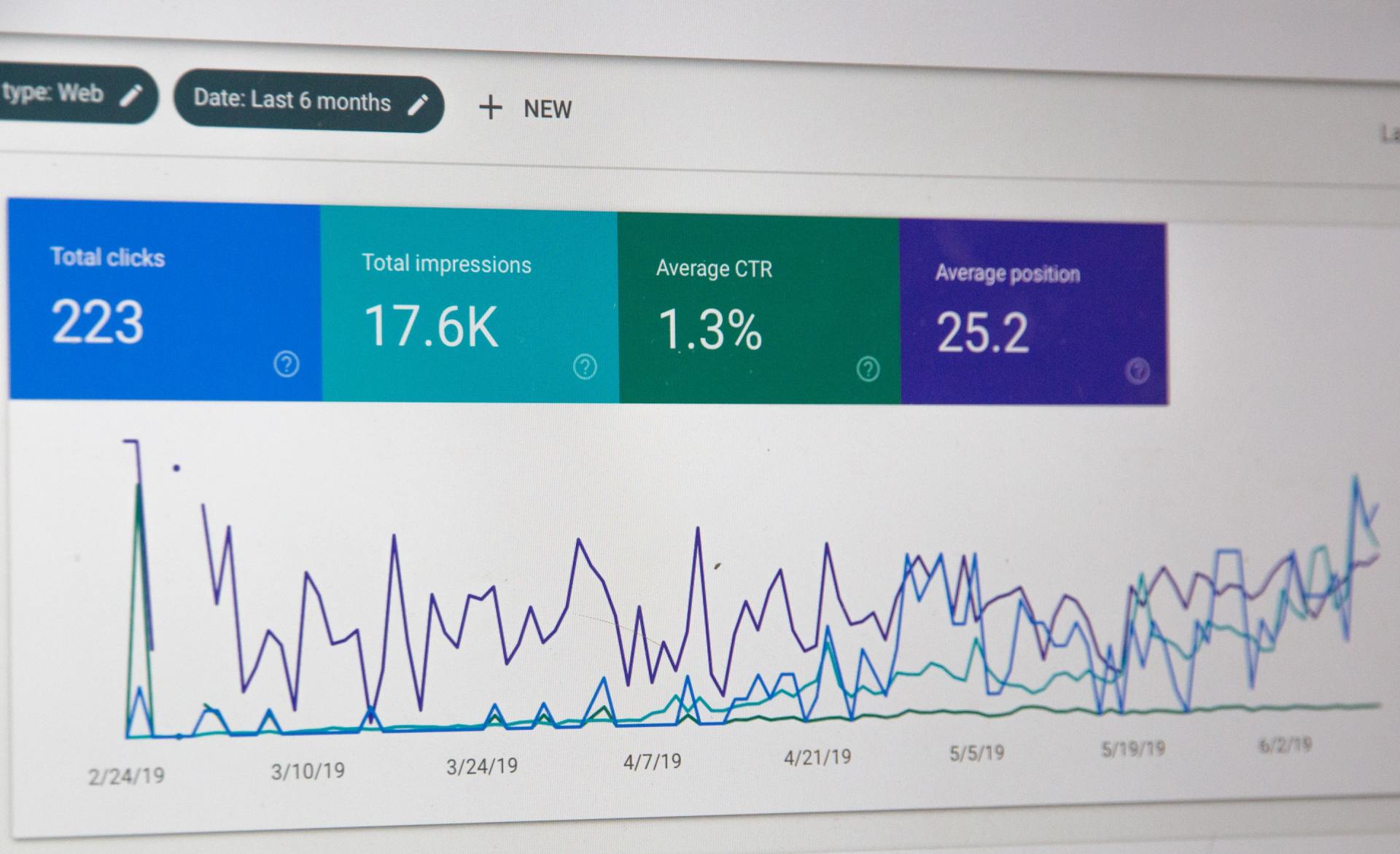Why Small Business Grants Matter More Than Ever
Unlocking Growth Without Debt
For many small businesses, growth is a catch 22. Maria, a bakery owner, was barely breaking even despite being popular. She needed a $15,000 oven to increase output, but the bank required collateral she didn't have. Six months later, her business was transformed. She had a new oven and a wholesale operation serving local coffee shops. The key was an $18,000 state grant for women owned food businesses, which required no loan payments or equity.
There is
more grant money available now than at any point in the last decade from a variety of sources including federal programs, state economic development budgets, corporate ESG initiatives, and even local utilities. The problem is that this funding is scattered across hundreds of programs, and most owners are too busy to find it. Many assume grants are only for nonprofits or that the process is too complex. However, winning a grant isn't luck; it's a learnable skill based on knowing where to look and understanding what funders want.
Understanding the Types of Small Business Grants
Grants come from dozens of different sources, each with its own priorities.
- Federal Grants: Narrow Focus, High Competition
The Small Business Administration (SBA) rarely gives direct grants to individual businesses. These grants are competitive and require a research style proposal, but the funding is significant and doesn't require giving up equity. Agencies like the USDA also offer grants for rural or agricultural businesses. - State and Local Programs: Your Best Starting Point
For most Main Street businesses, state and local economic development agencies are the most accessible sources of funding. These programs aim to create jobs, revitalize downtowns, or support key local industries. A hardware store owner in Michigan received $25,000 for a storefront renovation to make the downtown district more inviting. These grants are typically smaller ($5,000 to $50,000) but have more straightforward applications than federal programs. - Corporate and Private Foundation Grants: Alignment Matters
Companies like FedEx, Visa, and American Express offer grants as part of their community investment or supplier diversity initiatives. These funders look for businesses that fit their strategic narrative. For example, a sustainable packaging company won $10,000 from a corporate program focused on environmental innovation. Private foundations often focus on specific communities, such as minority owned or veteran owned businesses. - Industry Specific and Mission Driven Grants
Some grants are created to solve a specific problem. Utility companies, for instance, offer grants for energy efficient equipment upgrades to reduce demand on the power grid. A pizza shop owner had an $18,000 refrigeration system upgrade covered by a utility grant because it would reduce peak electricity demand.
The key pattern is that every grant serves the funder's agenda. Your job is to find the grant where your needs overlap with the funder's goals. This is how you shift the odds in your favor.
Where to Find Small Business Grants
Successful grant seekers use a systematic approach to research.
- Grants.gov: This is the official federal database. It can be overwhelming, so filter searches by eligibility, looking for "small business" or "for profit entity". The high-value SBIR/STTR grants are posted here. Be prepared: these applications can take 40-60 hours to complete.
- State and Local Economic Development Agencies: Every state has an agency dedicated to economic development. Search for "[your state] economic development" to find programs for job creation, equipment upgrades, or facility improvements. Also, search for your county or city’s economic development office, as they often have funds with less competition.
- Corporate Programs: Check the websites of companies you already do business with, like your payment processor or bank. The
Local Initiatives Support Corporation (LISC) is another valuable resource that partners with corporations to distribute grants in specific communities.
- Trade Associations and Chambers of Commerce: Your industry trade association and local chamber of commerce often announce grant opportunities before they are widely publicized. A direct phone call asking about available grants can yield better information than hours of online searching.
- Community Development Financial Institutions (CDFIs): CDFIs focus on underserved markets and often provide grants alongside affordable loans.
The Opportunity Finance Network's directory can help you find CDFIs in your area.
- Utility Companies: Your electric and gas utility likely has incentive programs that function like grants, offering money for energy efficient upgrades. Search their websites for "business rebates" or "business incentives".
How to Spot a Scam and Confirm Eligibility
- Avoid Scams: Real grants never require an upfront fee to apply. Be skeptical of anyone promising you are "pre approved". A legitimate grant will have a public website with clear information about the funder and eligibility.
- Confirm Eligibility: Before starting an application, read the eligibility requirements carefully. Common disqualifiers include geographic location, industry, business age, revenue caps, or ownership requirements (e.g., women owned, veteran owned). If you don't meet all the criteria, move on to another opportunity.
Create a simple spreadsheet to track grant names, funders, deadlines, and application status. A systematic approach is what separates successful applicants from the rest.
How to Qualify, Apply, and Win
Grant applications test whether you can clearly explain what you do, why it matters, and how you'll use the money responsibly.
Preparation is Key
- Before you begin, gather essential documents:
- Business license and EIN
- Recent tax returns and a current profit and loss statement
- Bank statements and proof of insurance
- For specific purchases like equipment, get written vendor quotes. A $15,000 request is more credible with a quote for $14,800.
Grant reviewers are trying to answer three core questions:
- Is this a viable business that will still exist in a year?
- Will this money be used for its stated purpose?
- Does funding this business advance our mission?
Your application must draw a straight line between your project and the funder's goals. An auto shop owner applying for a grant in an economically distressed area led not with his need for equipment, but with the fact that he employs six people from the neighborhood and serves local residents who lack other transportation options. He got the grant.
The Application: Step by Step
- Business Overview: Be direct and avoid jargon. Instead of saying you "leverage cutting edge processes," state, "We manufacture custom metal brackets for commercial construction projects. We've been in business for eight years and employ 12 people".
- Project Description: This is the heart of the application. Clearly state what you need, why you need it, and what will change with the funding. For example: "We need an automated packaging machine because our manual process limits production. With the new equipment, we can accept contracts from three new retailers, hire two employees, and increase annual revenue by 35%".
- Budget Breakdown: Show your math with a line item budget. If you are contributing your own funds toward the project, mention it. Reviewers appreciate cost sharing because it shows you have "skin in the game".
- Business Impact: Quantify everything. Instead of "this will help us grow," write, "this funding will allow us to hire 2 full time employees, increase production capacity by 75%, and grow annual revenue by $120,000".
- Your Qualifications: Factually state your experience and your team's qualifications. Mention past successes, such as a previous expansion or achieving high on time delivery rates.
Common Mistakes to Avoid
- Being vague about money.
- Using jargon instead of simple, clear language.
- Forgetting to connect your project to the grant's stated purpose.
- Submitting incomplete applications.
- Applying for grants you don't qualify for.
Conclusion: It's Not About Luck
Persistence pays off. The baker Maria was rejected twice before winning her grant on the third try. She didn't change her business; she got better at telling her story in the language reviewers needed to hear.
Grants exist because an organization has decided that funding businesses like yours serves a mission they care about be it job creation, innovation, or community revitalization. The process can be tedious, but the money is real, and businesses win it daily by showing up and making a clear case. Unlike a loan, a grant asks for your time upfront and then leaves you to run your business without debt or ownership dilution.
The businesses that never win grants are the ones that decide it won't work and never apply. You have already done the hard part of building and running a business. A grant application is just explaining what you have already proven you can do. The funding is there.










